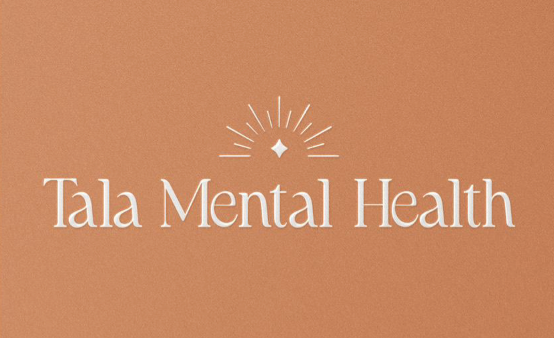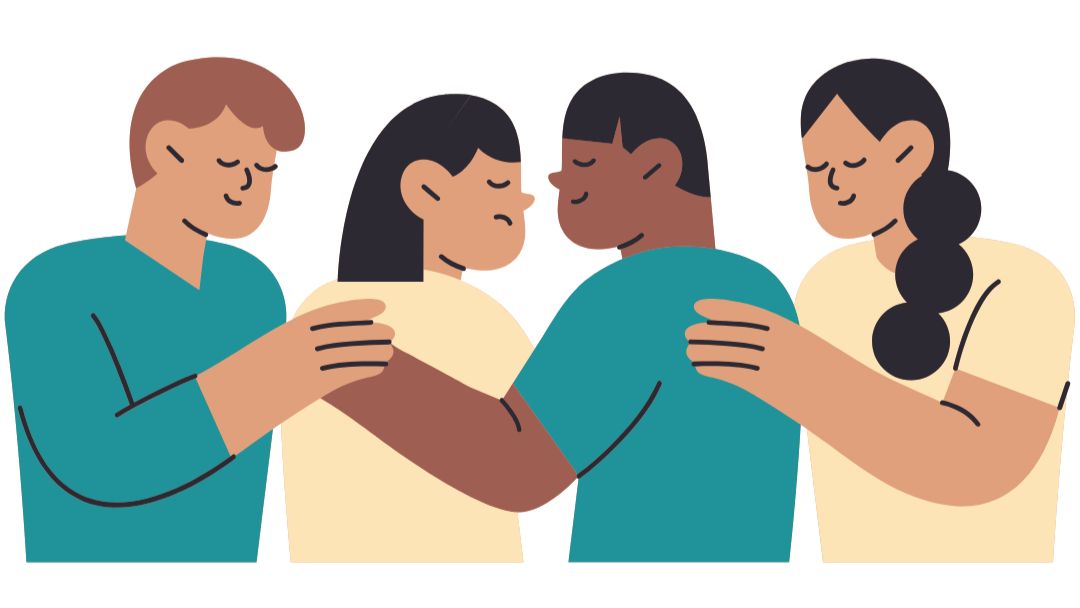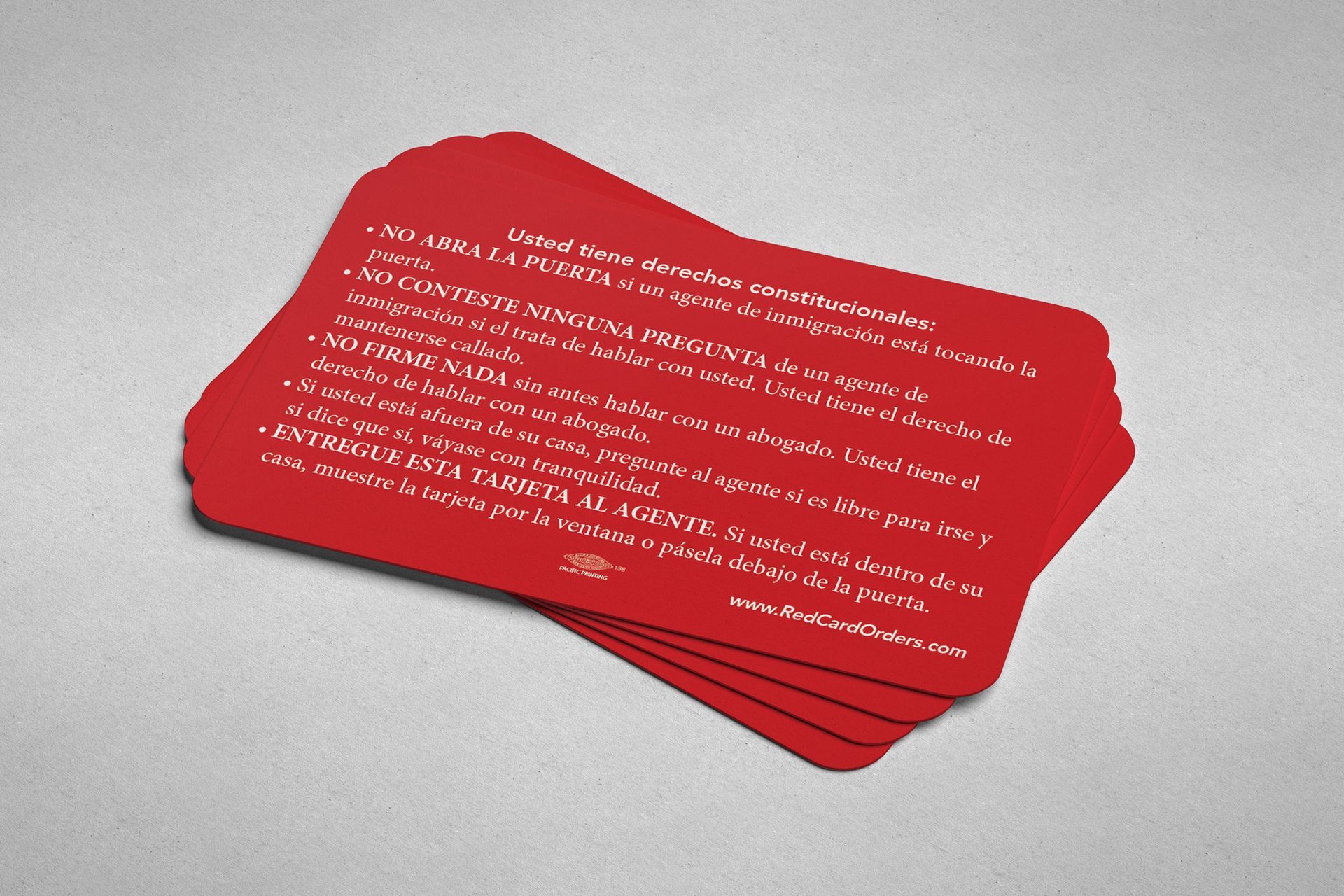Forgiveness
During moments of repair or forgiving others we love, lean into wonder. Ask yourself:
I wonder… Why might they say or do those things
I wonder… What were their intentions? Is it out of character or unusual behaviour for them?
I wonder… Where did this conversation take a turn? How could it have been improved?
I wonder… What is the source of their hurt in this situation?
I wonder… If they’re scared or confused too?
?Leaning into wonder is an opportunity to pause and ask questions before responding. This practice encourages us to postpone judgement, extend grace and operate from care.
Forgiving ourselves can be just as tricky. Take some time to reflect on the following questions
:Is forgiveness hard for me
What might forgiveness (of self) look and feel like?
I can’t change the past but how might I balance the scales?



COMPANY
SERVICES
CONTACT
All Rights Reserved | Rose Junie Therapy
Designed by Vantix Digital
